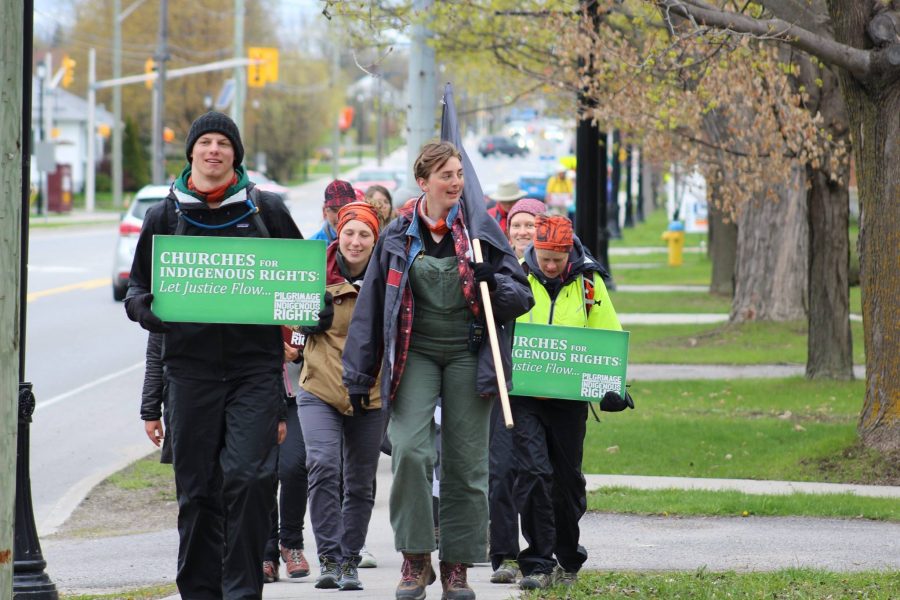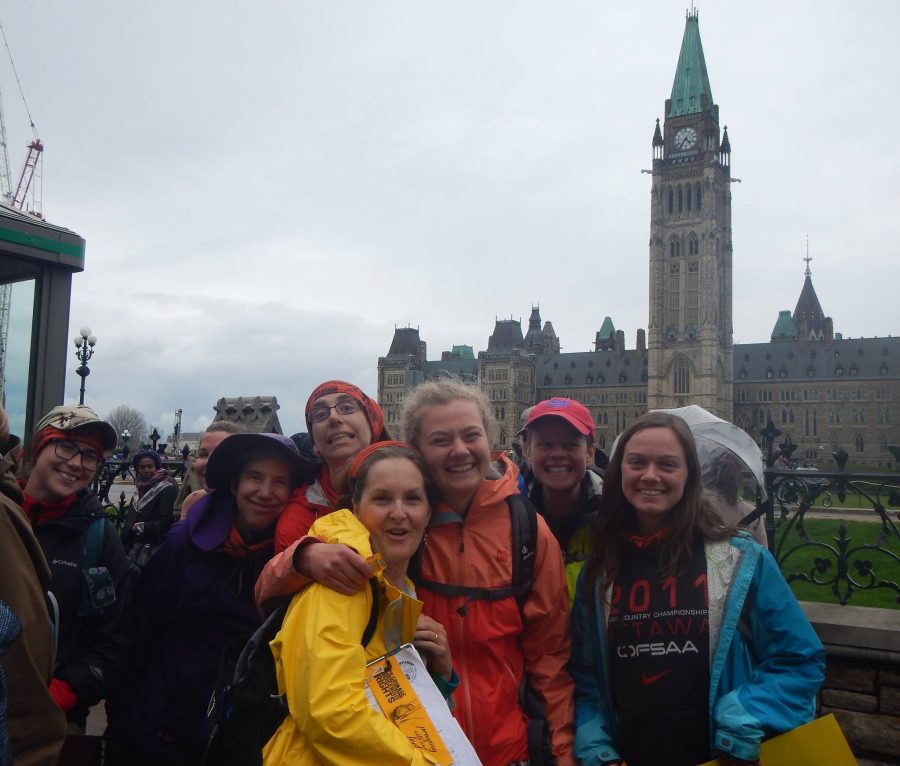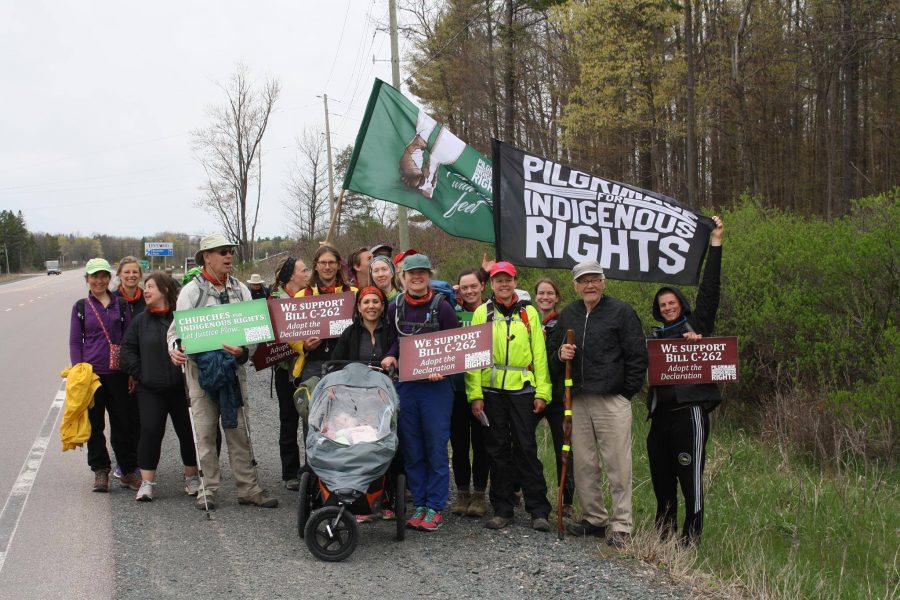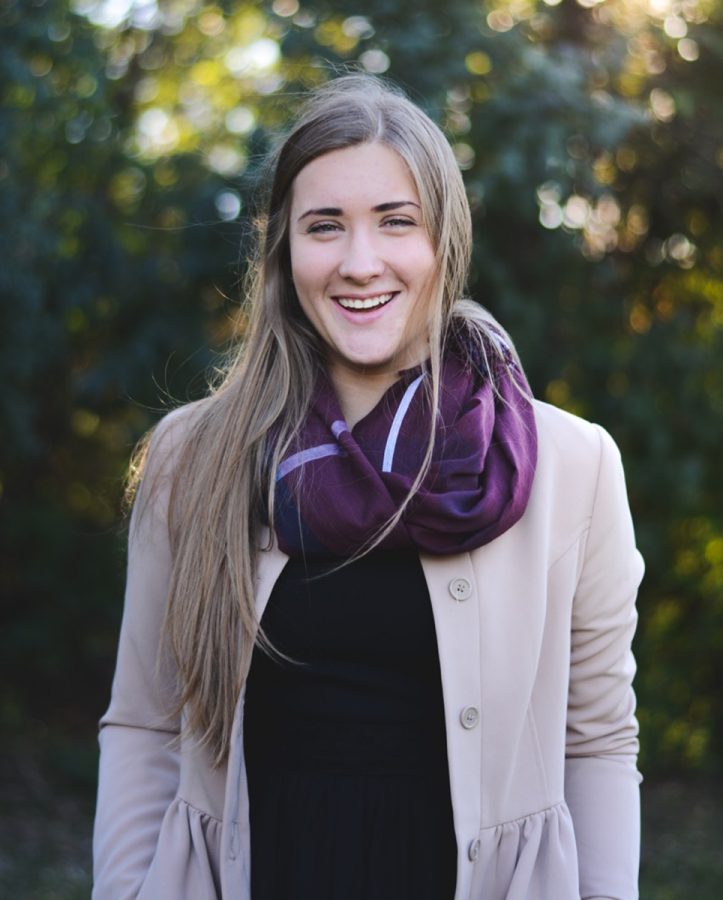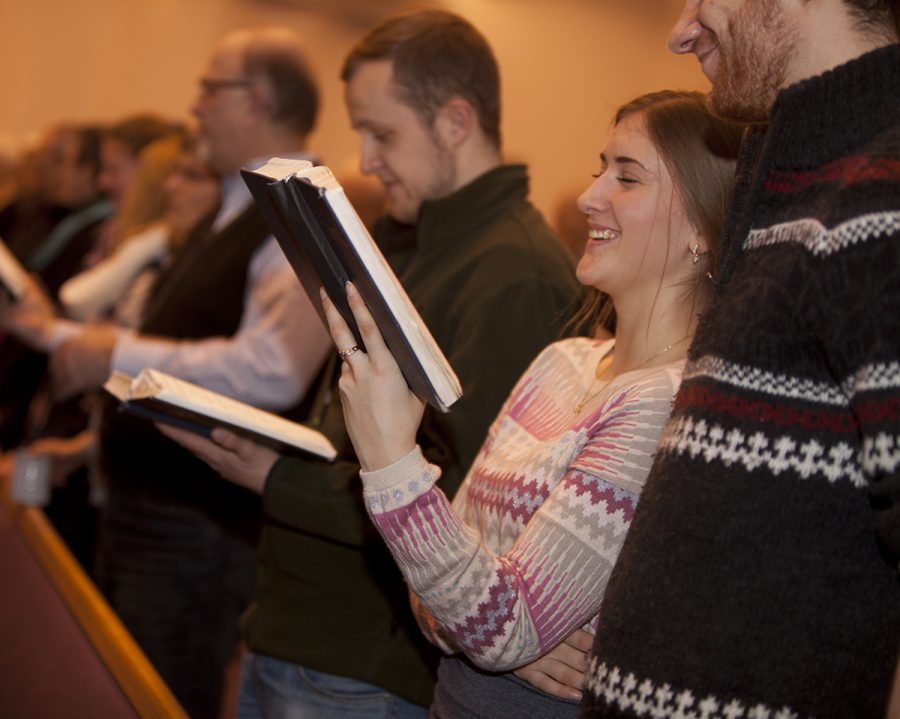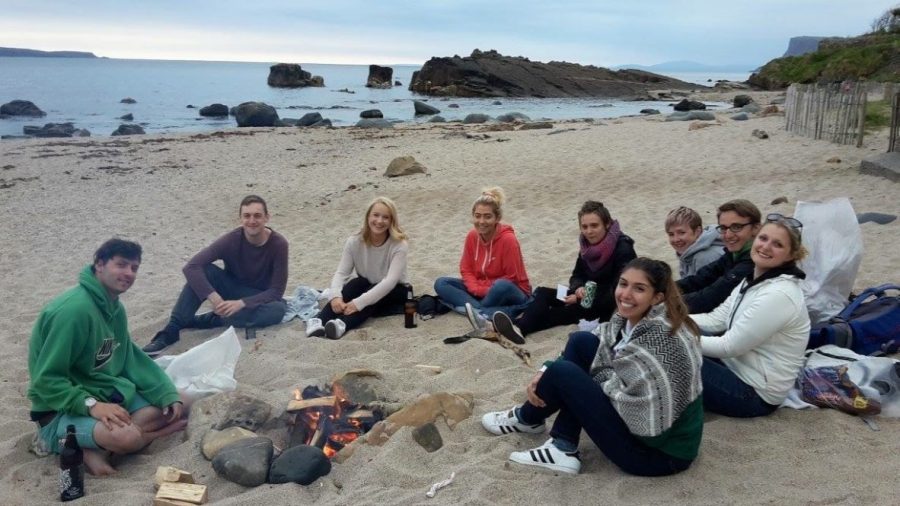
For almost three months now I have been living at Corrymeela, a peace and reconciliation center in Northern Ireland.
I have felt overwhelmed and privileged to spend my time here encountering countless courageous individuals and groups working around the globe. In the face of violence and despair, many have taken risks to chase their visions of Shalom.
Some of these peacebuilding initiatives have manifested into cross-community storytelling with Protestants and Catholics in hopes of creating mutual understanding and empathy; as well as building environments where refugees can feel safe in a foreign land, and empowering youth for their futures.
When I arrived for the first time in Northern Ireland, I am ashamed to say that I was completely unaware of the history I was walking into. The violence, death, hatred, and sorrow that I soon became very acquainted with, were completely off my radar.
As far as I knew, I was in one country: Ireland.
I was ignorant of the horrors that had taken place, and eventually devolved into the separation of Northern Ireland and the Republic of Ireland.
All my preconceived thoughts and assumptions continue to unravel as I meet and converse with people from around the world.
As I think about returning to Canada at the end of the summer, it is my hope that the wisdom I have gained from my new friends, will not only be applied to my studies, but also lived out into my everyday.
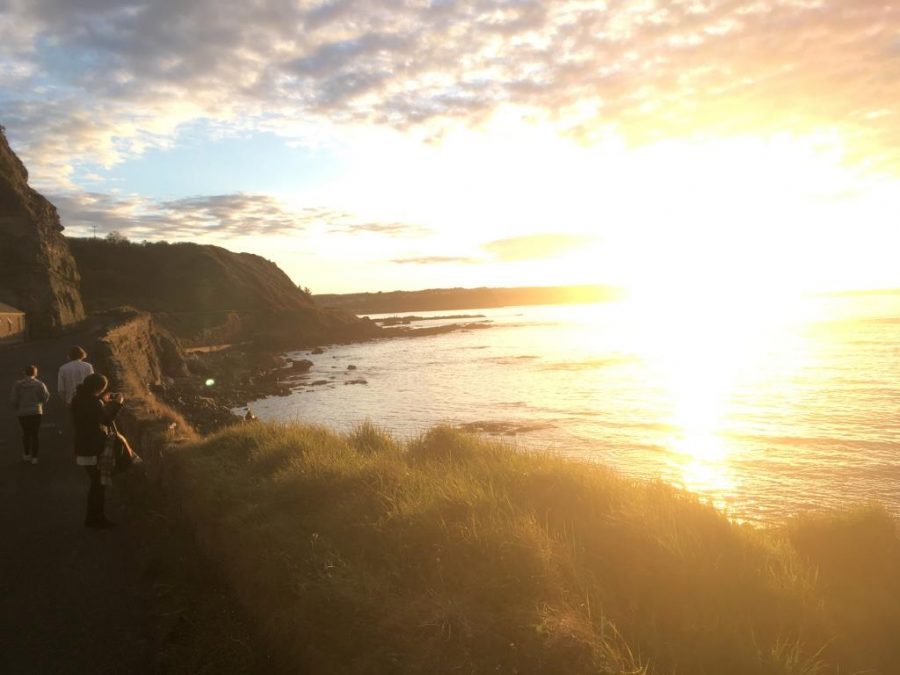
At Corrymeela, they say that our experience begins after we leave. This assures me that I have no clue what will happen next.
If I had to try and sum up my time here, this poem would express it best. It is read every morning at worship as we think back to the people who established this place, the volunteers and staff who sustain it, and how we as individuals can embody it.
Courage comes from the heart.
And we are always welcomed by God,
The Croi of all being
We bear witness to our faith,
Knowing that we are called
To live lives of courage, love and reconciliation
In the ordinary and extraordinary moments of each day
We bear witness, too, to our failures
And our complicity in the fractures of our world.
May we be courageous today.
May we learn today.
May we love today. Amen
– Pádraig Ó Tuama
Emilie Roussis is entering her fourth year of a Peace and Conflict Transformation Studies major this fall at CMU.



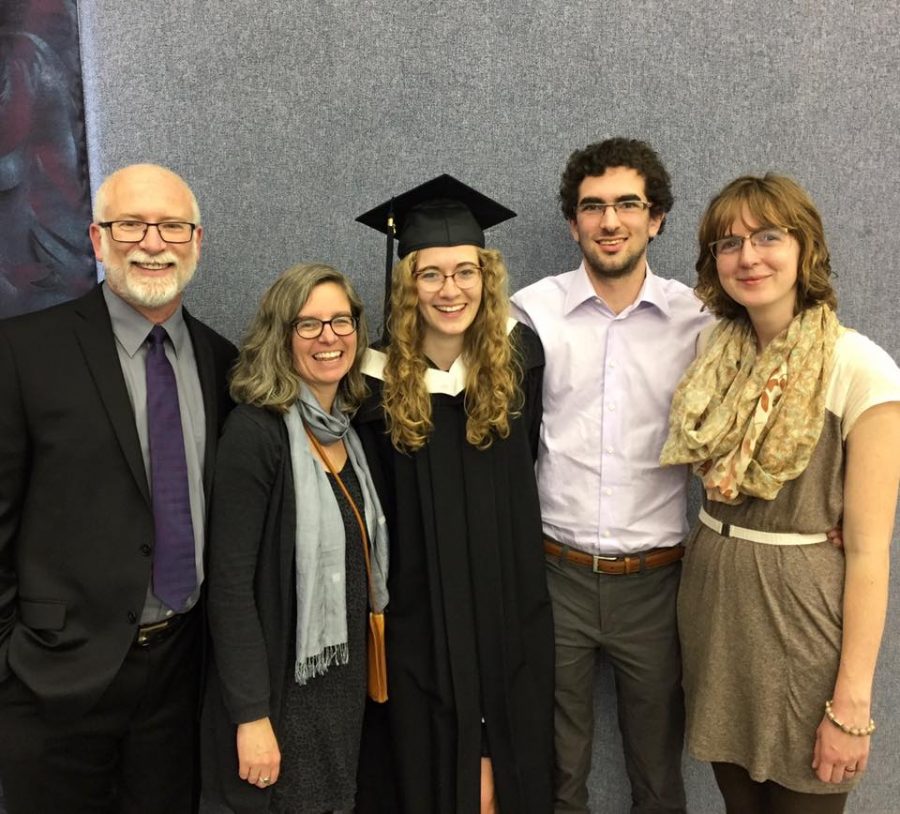
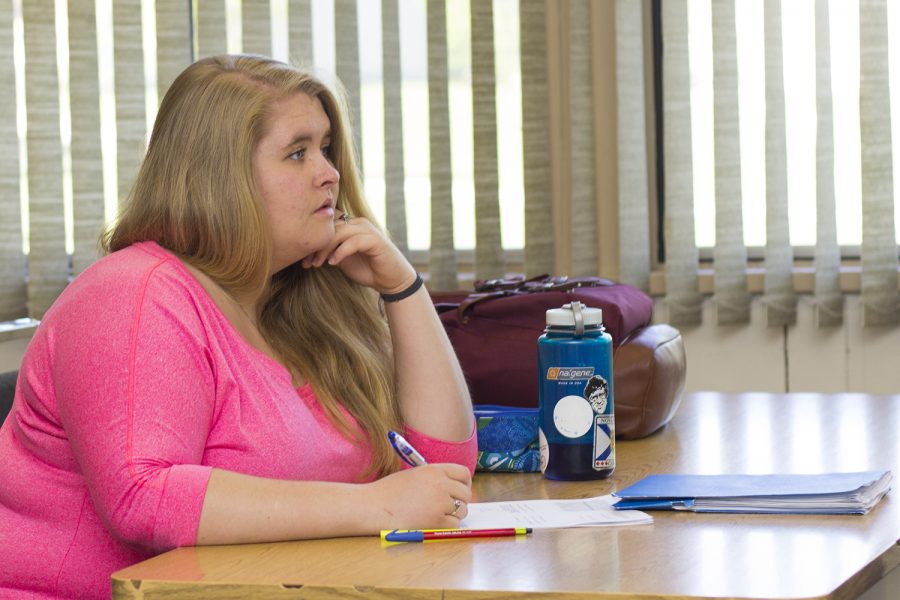
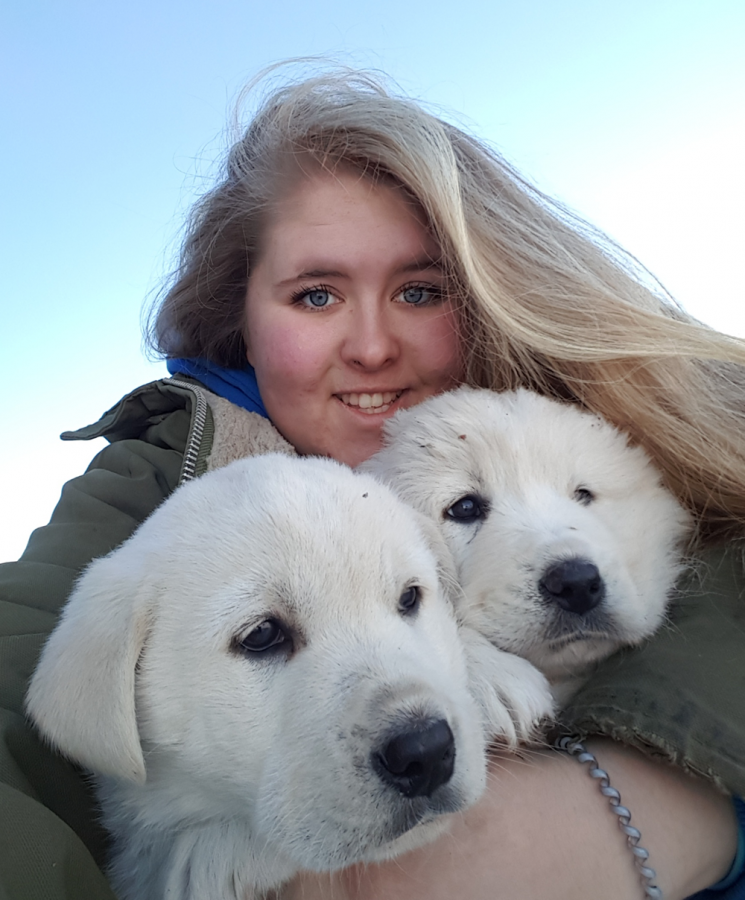 I have lived on a farm my whole life, and have observed the lives of many creatures. Having worked with sheep, the illustrations in Scripture highlighting the relationship between sheep and their shepherd, have come to life.
I have lived on a farm my whole life, and have observed the lives of many creatures. Having worked with sheep, the illustrations in Scripture highlighting the relationship between sheep and their shepherd, have come to life.